What is fatty liver disease?
Nonalcoholic Fatty Liver Disease (NAFLD) refers to a condition where fat builds up in the liver cells of individuals who consume minimal to no alcohol. It stands as one of the prevalent liver issues globally. NAFLD spans a range of liver conditions, starting from simple fatty liver (steatosis) to a more serious stage termed nonalcoholic steatohepatitis (NASH). It’s important to note that NAFLD is the leading cause of liver disease around the world, and it can often go undetected. Early detection can help reverse fatty liver disease and spare patients from developing severe liver disease, cirrhosis, cancer, and other serious conditions.
NAFLD Facts
Fatty Liver (Steatosis): The initial phase of NAFLD sees the buildup of fat within liver cells, a condition known as steatosis. Typically considered benign, many with steatosis may not exhibit symptoms, and it can be reversible through dietary interventions and lifestyle adjustments.
Nonalcoholic Steatohepatitis (NASH): In more severe instances, NAFLD may progress to nonalcoholic steatohepatitis (NASH), marked by liver cell inflammation and damage, potentially leading to complications like liver fibrosis (scarring).
What is the main cause of NAFLD?
While the precise cause of NAFLD is unknown, it's often linked to factors such as insulin resistance, type 2 diabetes, and metabolic syndrome. Genetic predisposition and lifestyle factors like diet and physical activity also contribute to the development of the condition.
What are symptoms of a fatty liver?
Early NAFLD stages may be asymptomatic, with many individuals unaware of their condition. As NAFLD advances to NASH and beyond, symptoms might include fatigue, abdominal discomfort, and unintentional weight loss. As the disease progresses, symptoms will worsen. They can include itchy skin, shortness of breath, abdominal swelling and swelling of the legs, spider veins, and red palms, among others.
Complications: Advanced NAFLD stages, especially NASH with considerable fibrosis, may lead to cirrhosis and heightened risks of liver-related complications such as liver failure and hepatocellular carcinoma.
How is fatty liver diagnosed?
NAFLD is commonly diagnosed using imaging techniques like ultrasound, CT scans, or MRI. Liver function tests and other blood analyses may also assess liver health.
How do you treat fatty liver nutritionally?
A registered dietitian is an essential part of the treatment team. We can help you manage, and reverse, your fatty liver disease as well as concurrent conditions like diabetes and hypertension with medical nutrition interventions. Lifestyle changes, including a balanced diet, and regular exercise form the cornerstone of NAFLD treatment. Presently, no specific medications are approved for NAFLD, but research is ongoing.
If diagnosed with NAFLD, work closely with healthcare professionals to manage and monitor the condition, focusing on lifestyle changes and addressing underlying risk factors to prevent progression to more severe stages. Regular follow-ups for monitoring are necessary to assess liver health. Nutritional and lifestyle interventions will be modified as needed.
















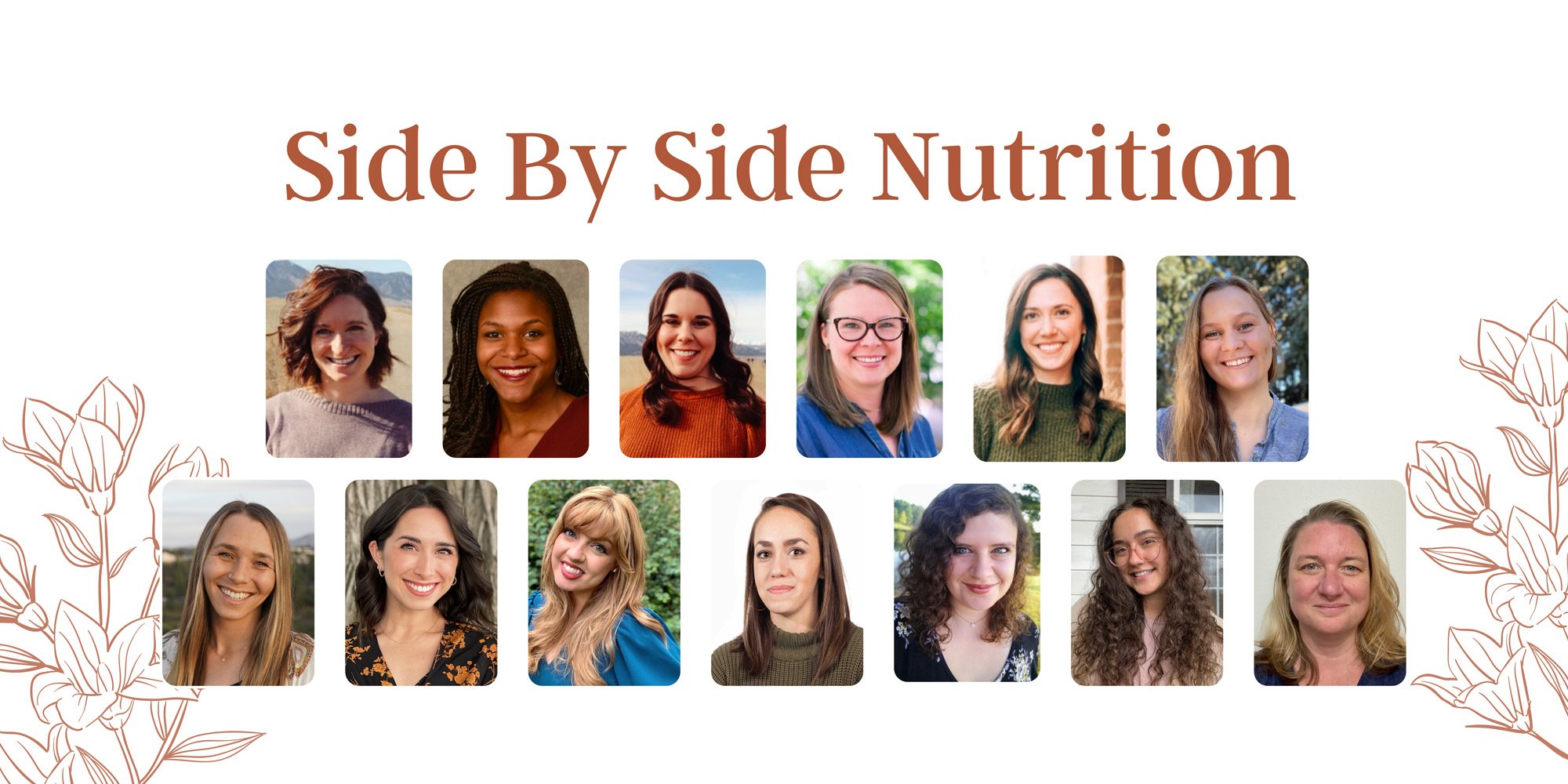
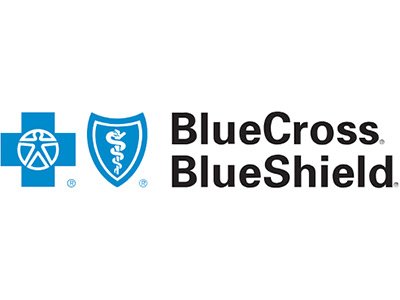

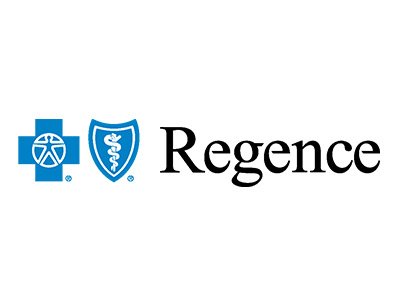
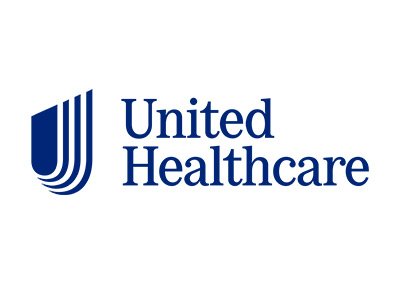
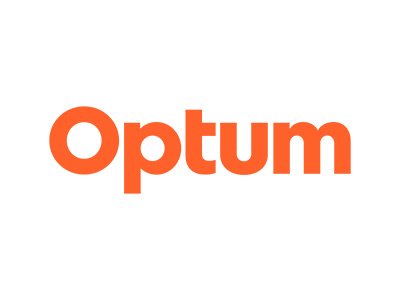


Recent “graduate” from Side by Side Nutrition. I started working with SBSN to figure out how food worked after having an eating disorder for years. And I’m so happy I got so much more than that! SBSN introduced me to Self-Compassion and met me with an approach that never included shaming me. I looked forward to our sessions every week, even if I hadn’t done any of my work, because I knew she’d be understanding and work with me to figure out what I needed to make it happen. And none of that compassion and presence was lost when we had to switch to telehealth. When I started, I didn’t think healing from an eating disorder was possible. And I never in my wildest dreams imagined that I’d come out of it with an unshakable love for my body (certainly not a plus size body with chronic illness)! I’m so glad circumstances sent me here because I know I wouldn’t have gotten to this place with my previous dietician! I am STRONG, I am CONFIDENT, and I am in LOVE with myself! Thank you so much for helping me on my journey here! It wasn’t easy, but it was so worth it!
Michaela Myers